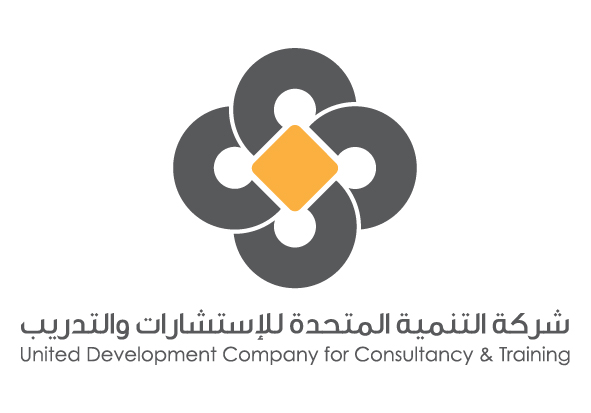
- This course has passed.
Crisis Management and Emergency Response
November 17, 2024 @ 9:00 am - November 21, 2024 @ 2:00 pm
KD 1,650
DESCRIPTION
Crisis Management is the process by which an organisation deals with major unpredictable events that threatens to harm the organisation, its stakeholders, or the public. Three elements are common to most definitions of crisis:
(1) a threat to the organisation, (2) the element of surprise, (3) a short decision time.
Many business owners and managers feel that crisis types are limited to natural disasters, not realising that there are six other categories of crisis that can affect their organisation.
On the other hand, emergency response situations are fast moving, often dangerous and can be chaotic. The range of potential incidents and emergencies which could affect, disrupt, or stress production are increasing. If managed correctly then not all these incidents will be critical or could be classed as a crisis, but those which result in significant losses, or put increased demand on the organisation will have serious consequences for the company, the company’s stakeholders, the country, and the reputation of all those involved in the response. This course will teach you that meeting the commitment involves more than just being fully prepared.
COURSE GOAL
To enhance the participants’ knowledge, skills, and abilities necessary to understand how conditions of crisis arise and how to deal with and design effective Crisis Management & Emergency Response strategies.
OBJECTIVES
By the end of this course, participant will be able to:
- Understand the attributes between Incidents, Emergencies and Crisis in the industry.
Understand the root cause of the crisis. - Develop methods on how to avoid unnecessary escalation & how to design command & control response to each scenario.
- Learn how to enhance on-scene leadership capabilities and techniques.
- Apply best practice in organising Emergency Communications Centre (ECC), Emergency Response (ERT) and Crisis Management Teams (CMT) to their best advantage.
- Analyse the importance of human factors, the means to ensure the best psychological readiness, resource allocation, deployment, discipline, and leadership.
WHO SHOULD ATTEND
- Ministry or Government Regulators.
- Fire, Safety and Security Professionals.
- Operation, Asset and Facility Professionals.
- Risk, Marketing and Insurance Professionals.
- Designated Incident, Emergency and Crisis Response Professionals.
- Line Managers and Supervisors and other professionals wishing to appraise their comprehension of Emergency Response.
COURSE OUTLINES
Day 1
- Industry Challenges: How to Increase your Ability to Evaluate, Mitigate and Response
- Risks Facing the Oil and Gas Industry: How to Evaluate and Mitigate Each
- Incidents, Emergencies, Crises – How to Organize Teams for Each Scenario
- Cross Border Political Influences, Cyber Hacking and War
- Checklists, The Essentials of Crisis Management and Leadership Behaviors
- Emergency Plans – Levels of Planning and Weaknesses to Be Avoided
- Program Evaluation Concept – Internal and External Audits
Day 2
- Crisis Communications & Incident On-Scene Command
- Emergency Communication Centre (ECC) configuration, Information Flow & how to avoid common mistakes.
- Team Roles and Responsibilities, Extract the Best From team.
- Manage the On-Site Potential ‘’Soldering’’ Issue before it Becomes a Crisis
- Incident Commander and On-Scene Management. All the Essential Elements for Success
- Investigate the Importance of ‘’The Golden Hour’’, What Has to be Achieved in that First 60 Minutes
Day 3
- Business Continuity Management (BCM) and Incident Command Systems (ICS)
- How does BCM Fit into Oil & Gas Crisis Management
- Plans and Business Impact Analysis, Formats, Examples and Templates
- Case Study and BCM Exercise
- Critical Elements of Corporate Command and Control
- Review of International Incident Command Systems
- International Standards for BCM, ICS, Spills, Crisis / Environmental Planning / Response
Day 4
- Media and Reputation Management
- Strategies to communicate with all Stakeholders at All Levels – Government, Public, Media, Staff
- Case Study. Managing the Media Response.
- Tools to Manage social media (Twitter, Facebook) so you are always One Step Ahead
- Protect Reputation and Brand with Stakeholders
- Media Management Template Handout Lists – Do’s and Don’ts for Conferences and TV Interviews
Day 5
- Crisis Management Plan Testing, Training and Exercise Simulations and potential Problems
- ‘’The Safety Policy and Procedures were in Place – the Practice was Deficient’’ Piper Alpha Report
- Benefits of Exercising and Selecting the Right Type of Exercise for the Asset/Scenario
- What Functions Need to be Tested.
- Conducting Post-Incident/Exercise Debriefings with Checklists
- Evaluations, key Recommendations and Follow-up, when how and in what Format
- Psychological and Potential Problems



